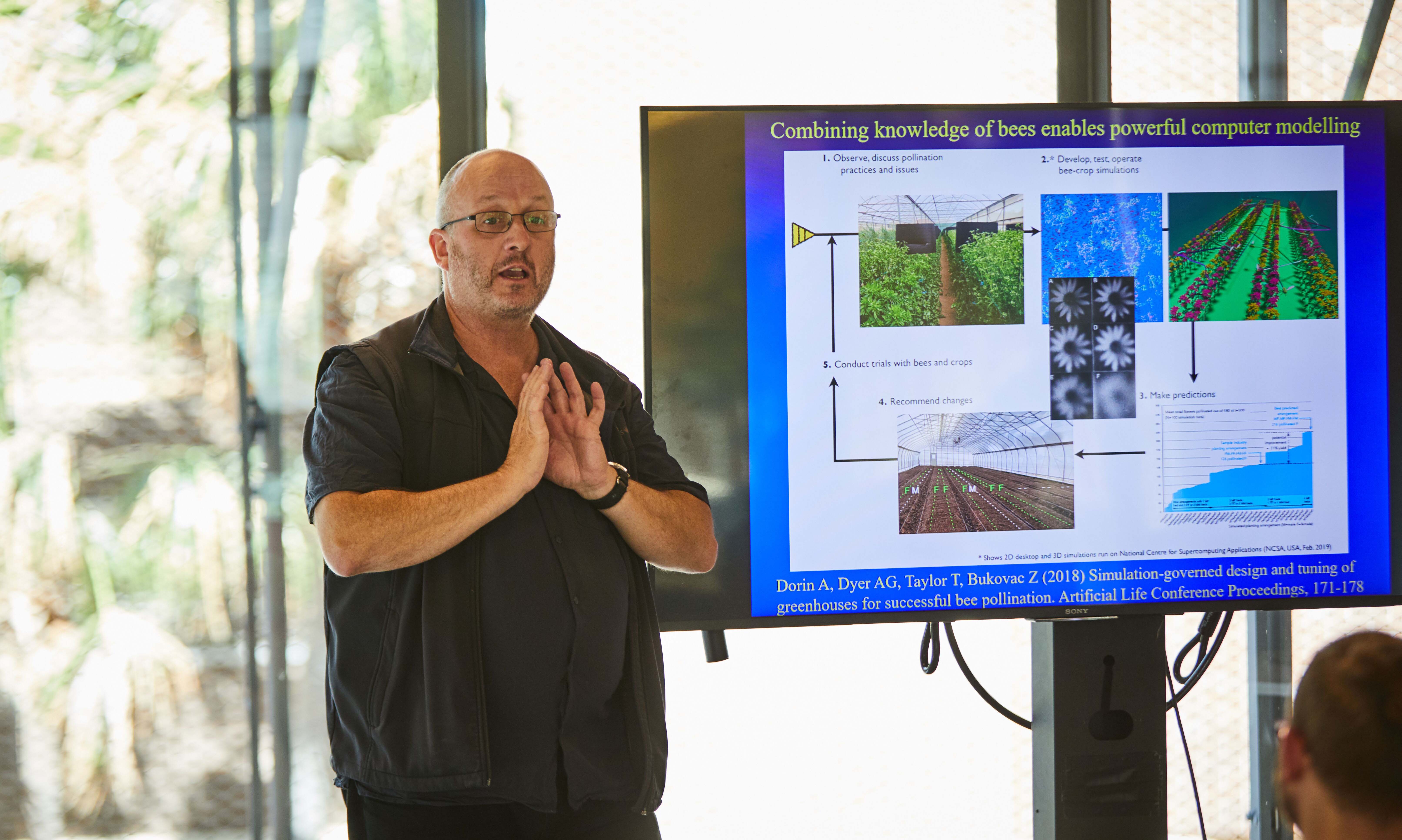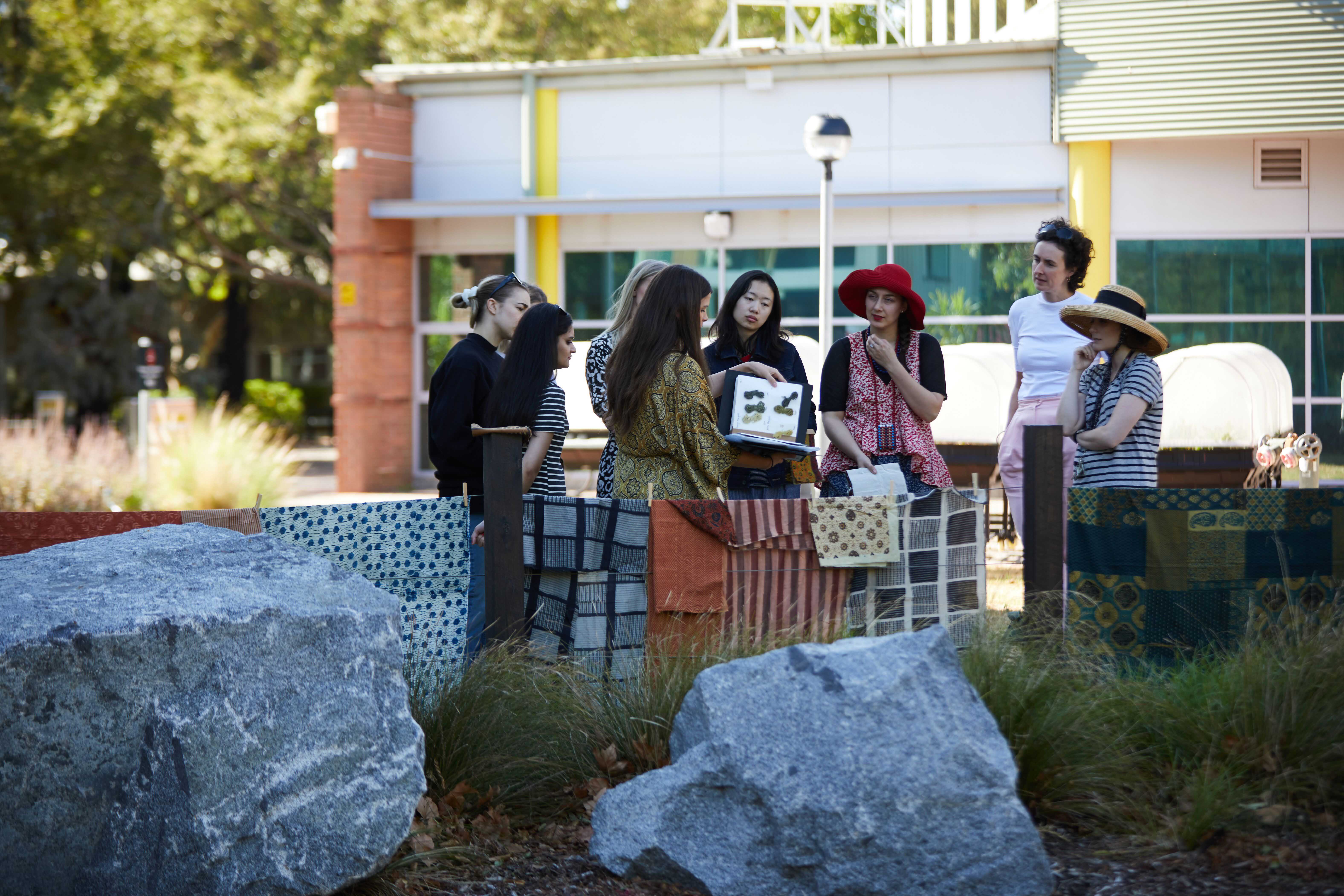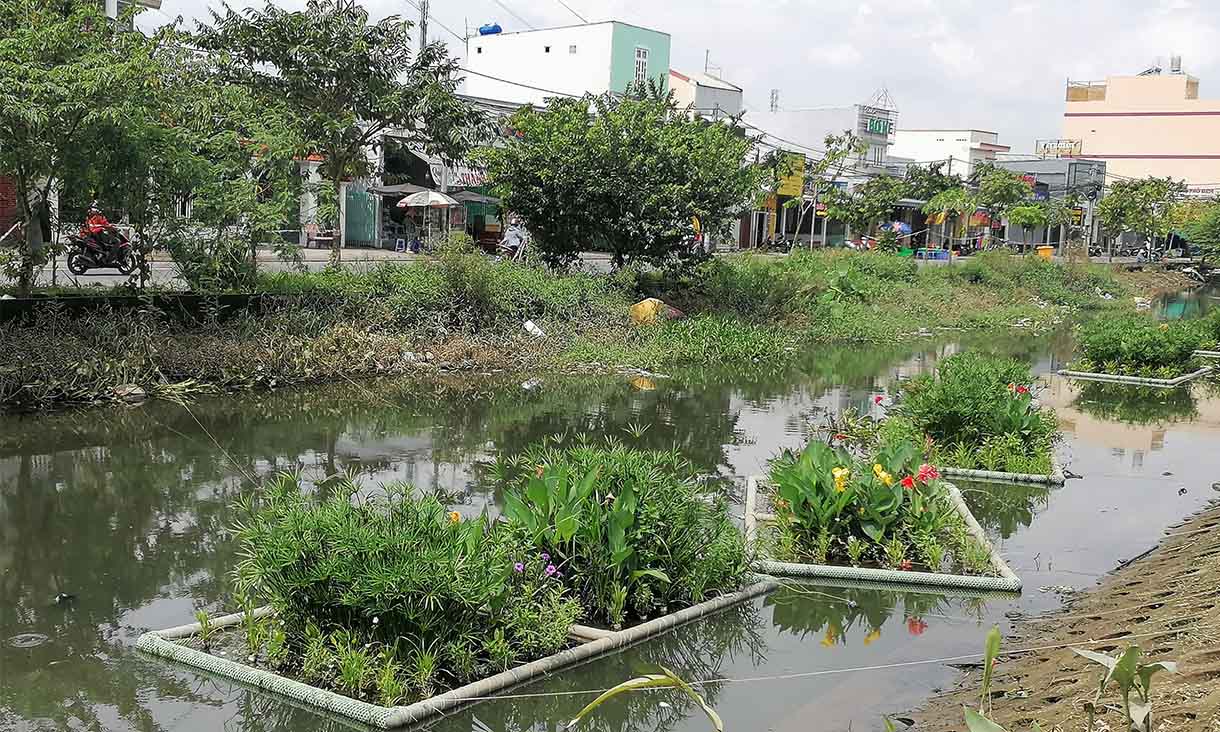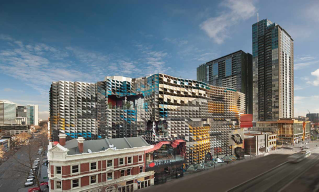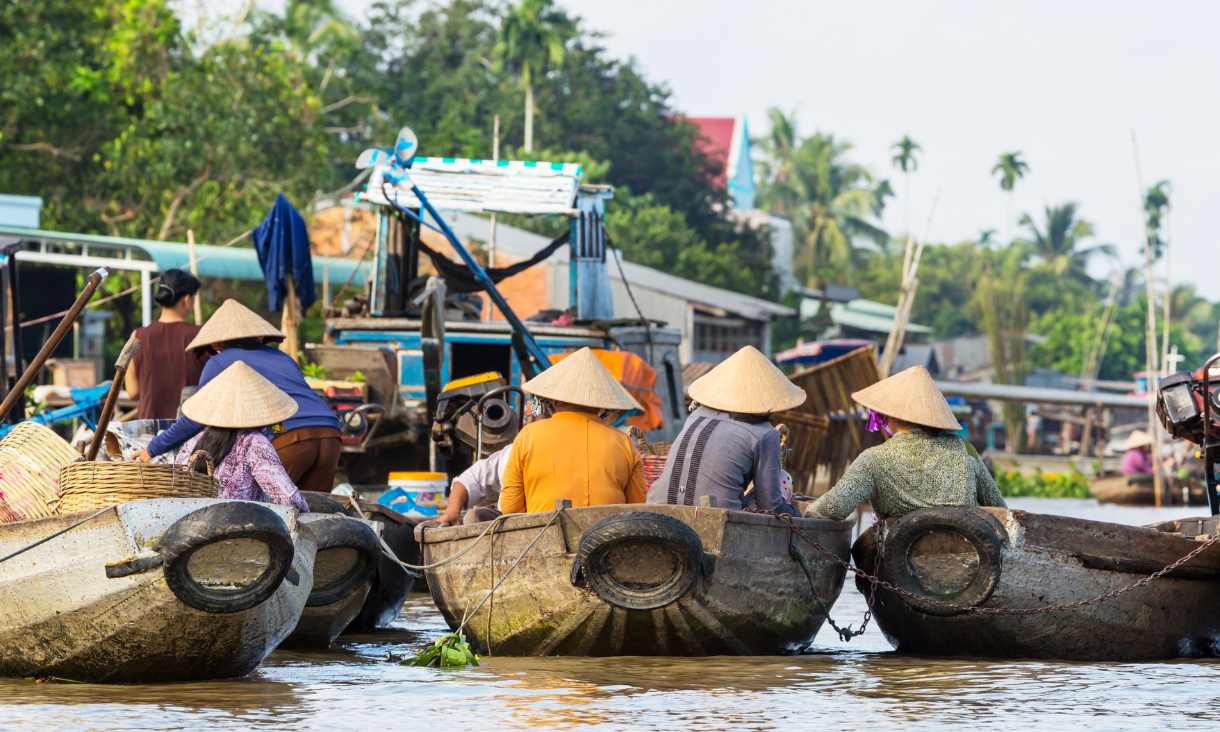Turning to nature to improve vital water treatment
RMIT has led an international team exploring nature-based water treatment solutions in urban areas in Vietnam, Sri Lanka and the Philippines.
RMIT maintains strong position in second QS Sustainability rankings
RMIT has again performed strongly in the QS Sustainability rankings, which measure how universities are tackling the world’s biggest environmental, social and governance challenges.
Global learning award winners: Online courses for sustainable, inclusive and beautiful cities
Short online courses by RMIT Europe, the European Institute of Innovation and Technology (EIT) Community, EIT Urban Mobility and the New European Bauhaus (NEB) have been named winners in the 2023 LearnX Awards.
Students in Spain and Vietnam tackle sustainable tourism challenge
Students from RMIT Vietnam and CETT at the University of Barcelona recently partnered up to tackle challenges towards sustainable tourism with a focus on the community of Can Tho in the Mekong Delta, Vietnam.

